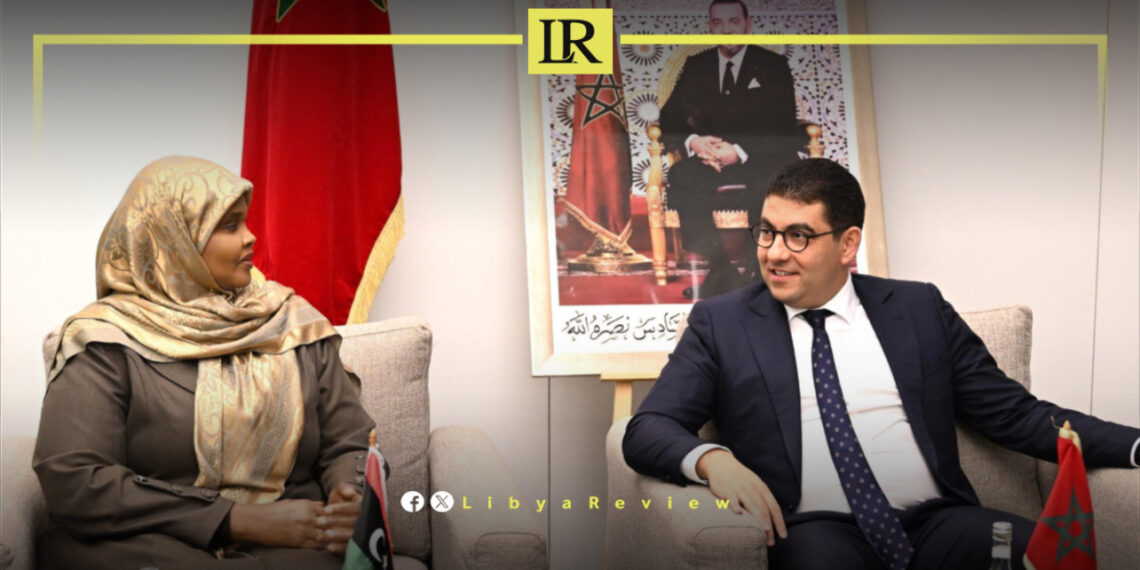Libya’s Minister of Culture and Knowledge Development, Mabrouka Toghi, held talks with Morocco’s Minister of Youth, Culture, and Communication on the sidelines of the 24th Conference of Arab Ministers Responsible for Cultural Affairs, hosted in Rabat, Morocco.
The meeting focused on ways to strengthen cultural and artistic cooperation between the two nations, highlighting the shared commitment to fostering stronger ties in these fields.
Agreement to Enhance Cultural Collaboration
During the meeting, both sides agreed to sign a Memorandum of Understanding (MoU) between Libya’s Ministry of Culture and Morocco’s Ministry of Youth, Culture, and Communication. The MoU aims to enhance collaboration across various cultural domains and solidify the partnership between the two nations, according to a statement from Libya’s Ministry of Culture under the Dbeibeh government.
Cultural Synergy in the Arab World
The talks underscored the significance of cross-cultural collaboration within the Arab world and the potential for Libya and Morocco to work together on artistic and cultural initiatives that promote mutual understanding and enrich both nations’ cultural landscapes.
The meeting is part of ongoing efforts to foster closer ties between Arab nations, with a particular focus on cultural exchange as a means of promoting development and unity in the region.
Libya has been in chaos since a NATO-backed uprising toppled longtime leader Muammar Gaddafi in 2011. The county has for years been split between rival administrations.
Libya’s economy, heavily reliant on oil, has suffered due to the ongoing conflict. The instability has led to fluctuations in oil production and prices, impacting the global oil market and Libya’s economy.
The conflict has led to a significant humanitarian crisis in Libya, with thousands of people killed, and many more displaced. Migrants and refugees using Libya as a transit point to Europe have also faced dire conditions.
The planned elections for December 2021 were delayed due to disagreements over election laws and the eligibility of certain candidates. This delay has raised concerns about the feasibility of a peaceful political transition.
Despite the ceasefire, security remains a significant concern with sporadic fighting and the presence of mercenaries and foreign fighters. The unification of the military and the removal of foreign forces are crucial challenges.


